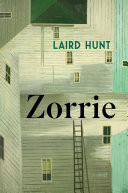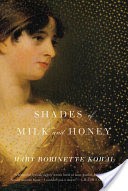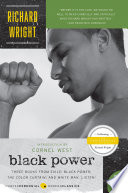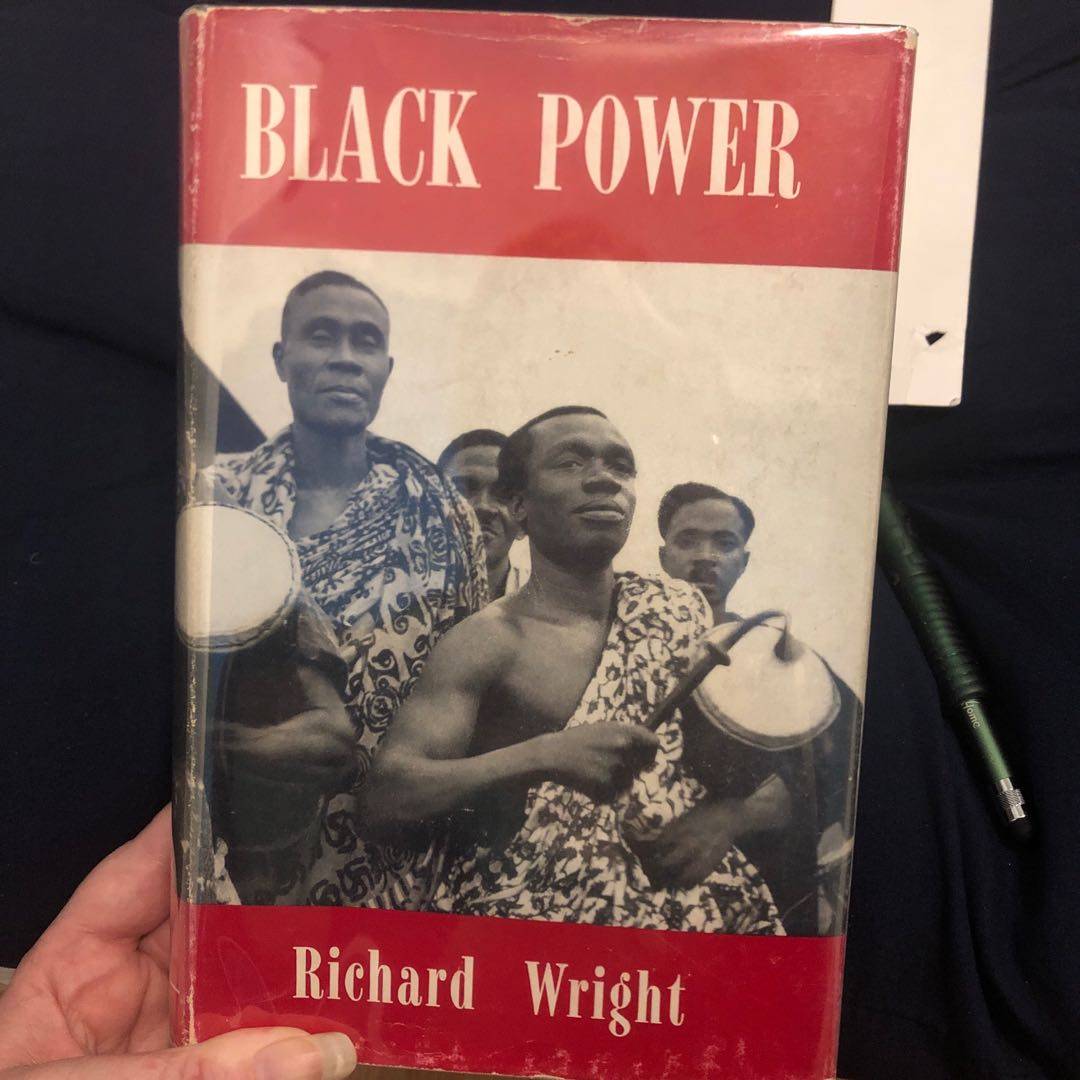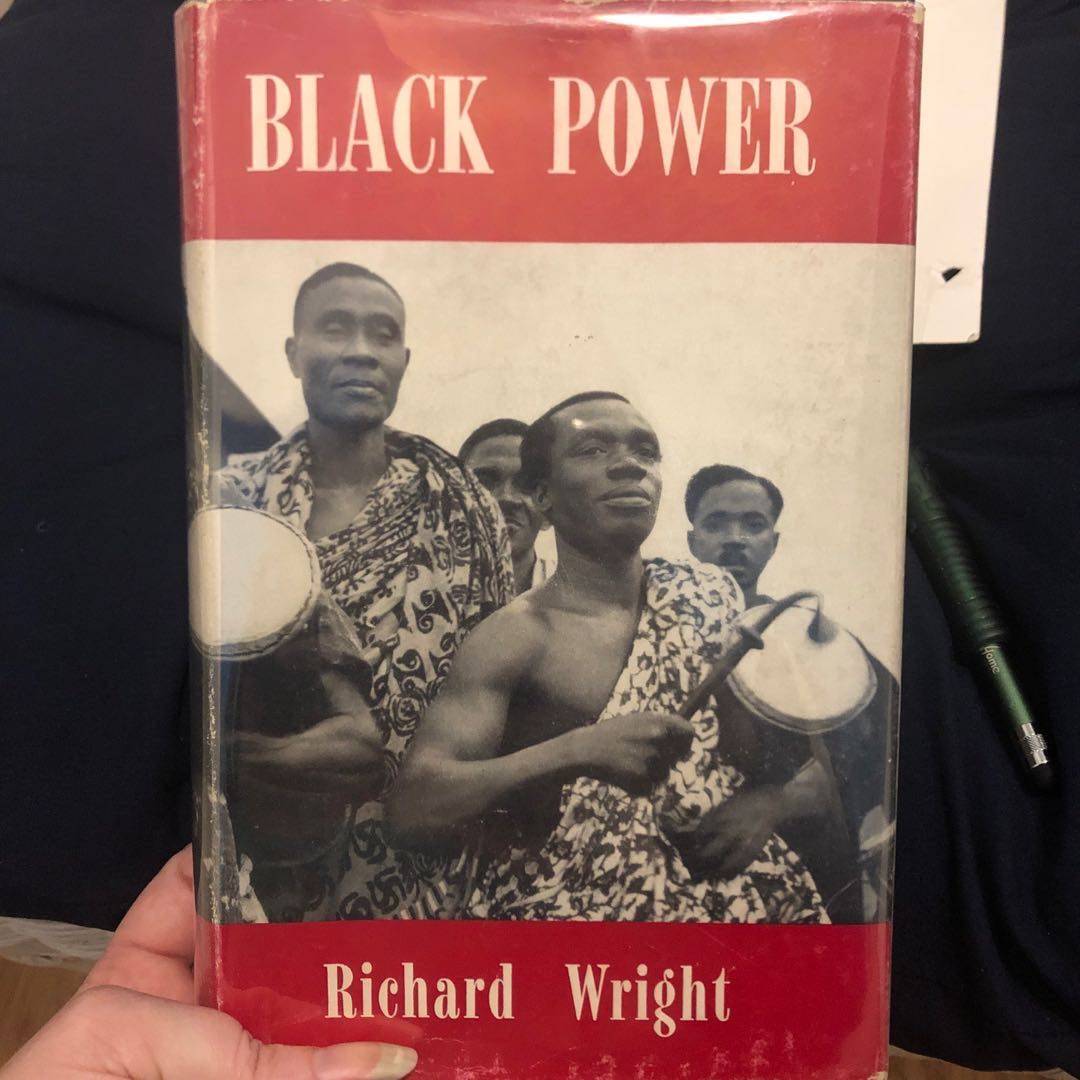
“The mere thought of a free Africa frightens many Europeans. Europeans do not and cannot look upon Africa objectively. Back of their fear of African freedom lies an ocean of guilt! In their hearts they know that they have long tried to murder Africa…And this powerful Europe…is haunted by visions of an eventual black revenge that has no basis in reality. It is this…that makes the West brutally determined to keep Africa on a short chain.”







